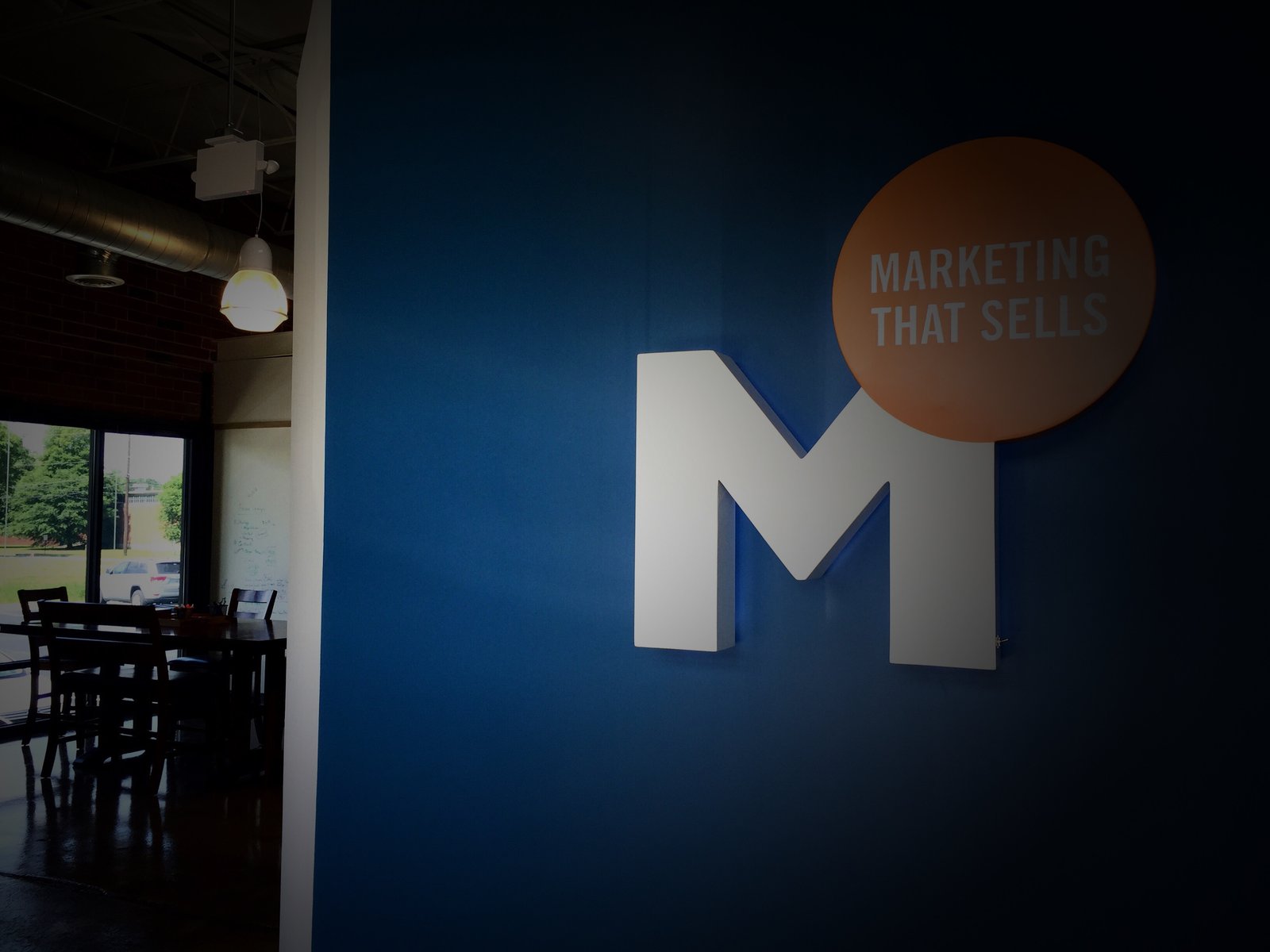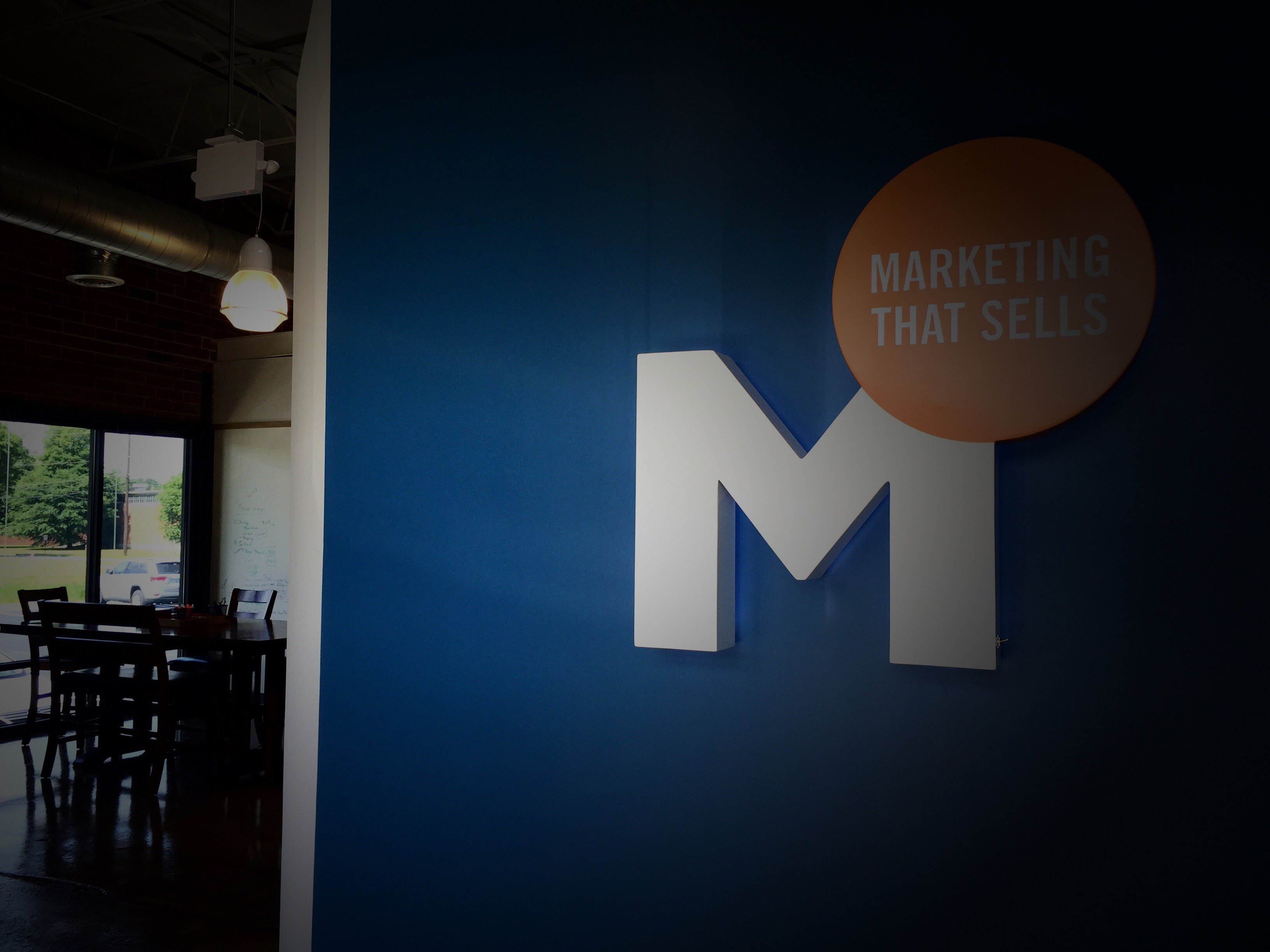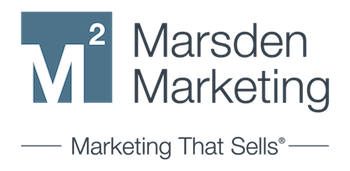 If you want to have a successful business, you should strive to have, at the very least, these two things:
If you want to have a successful business, you should strive to have, at the very least, these two things:
1. A dedicated team that believes in the products or services you sell.
2. A growing customer base that also believes in the product or services you sell.
Let’s say you’ve got #1 down: you have a brilliant business model that you and your team stand behind, and you’ve invested a lot of time and effort to make sure you have a competitive edge in your market.
What about #2? You’ve got the vision, but maybe you’re not seeing a steady stream of qualified leads pour in to your sales funnel like you had hoped. What gives?
Fret not, fearless leader. All hope may not be lost. But it may be time to take a look at how your business is presenting your unique value proposition to your prospects. Your unique value proposition (UVP) is the promise of value your product or service will provide to your target market, and should be the basis for your company’s marketing and brand messaging. A UVP is crucial to the success of your business because it tells your target audience how your products or services solve their problems or improve their current situation, and how your business model sets you apart from the rest of your competition.
Not all UVPs are created equal, however. Here are seven key questions your company should ask on the road to creating a compelling, well-defined value proposition.
1. What should our UVP include?
As previously stated, your UVP should accurately convey to the average prospect: 1) What you do, 2) How you can solve their problems, and 3) What sets you apart from the rest of the competition. Good UVP’s will have a clear headline, a few key points that explain your value, and should be supported by facts. An important note: Your UVP is not your company’s slogan or your mission statement.
Not a UVP: “America’s Trusted IT Software Company. Making Technology Smarter, Faster.”
A UVP: “IT Software for Today’s Developers. Cuts time, offers better tools for project management, and makes your business more agile. 99% of customers recommend [Company Name] for their IT needs.”
2. What is the product or service we’re selling?
Now, this one may seem like a given, but you’d be surprised at how many companies struggle to define what exactly it is that they “do.” Be sure that the messaging in your marketing and on your website clearly and accurately defines what product or service you provide. If it’s not immediately apparent or easy to grasp, buyers will move on to your competitor’s website faster than you can say, “profit loss.”
3. Who is our target customer?
What is their job function? What do they value? What keeps them up at night?
These are all important questions to ask when getting to know your buyer better. Don’t know these off the top of your head? Do some research. Customer interviews, social media conversations, competitor research, surveys, and keyword research are all great ways to get started. This is truly important to the success of your UVP, because the way you think of or describe your services or value is not always how your buyers see them.
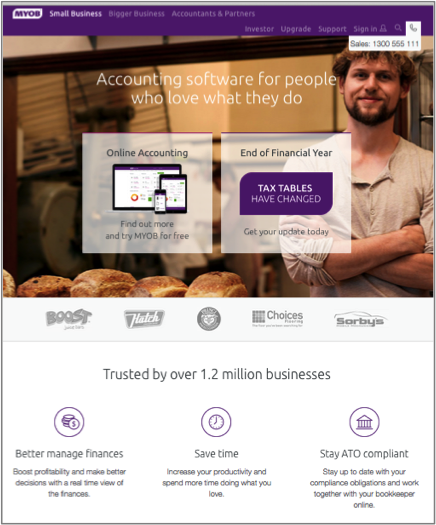
4. What problem does our product or service solve for our target market?
More often than not, buyers are searching for a solution to a problem or a way to improve their current situation. In today’s digital age, we are constantly competing with more information and the decreasing attention spans of our buyers. Stating your value right out of the gate is crucial for capturing their attention.
Accounting software company MYOB does a great job of clearly defining the value their product brings to their target market: “Better manage finances,” “Save time,” “Stay ATO compliant.” Their UVP is also supported by a clear description of what they do ("Accounting software for people who love what they do"), and is backed up by facts (“Trusted by 1.2 million businesses”).
5. How do we differentiate ourselves from the competition?
Unfortunately, it’s not always enough to claim that you’re the “World’s Greatest” or “#1 Trusted Solution” (unless your ideal customer is Buddy the Elf). Including information about your product’s specific capabilities or the services you provide is a good way to let prospects know exactly what you’re offering (which, hopefully, is what your competitors are lacking).
6. Is our UVP clearly represented on our website?
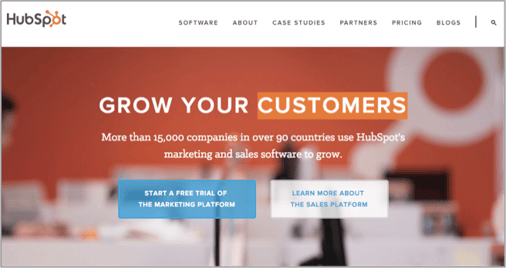
Once you’ve got your UVP down, make sure it’s there to greet new prospects as soon as they get to your website. Put it on the homepage, in the about section – heck, on every page if you can! If it’s not there to regularly remind your prospects why you’re their best option, it’s likely that they’ll quickly move on to greener, more straightforward pastures.
HubSpot lets prospects know as soon as they land on their homepage that their marketing automation platform is used by “15,000 companies in over 90 countries” to help grow their businesses.
7. Is our UVP supported by other content on our website?
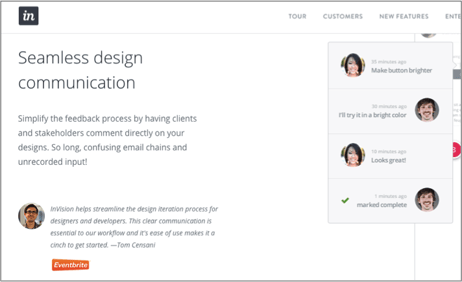
Today’s buyers don’t often act on impulse or “gut feelings” – they have a lot of options, and want to know that you can back up your claims. Case studies, portfolios, and client testimonials are all good ways to ensure that you can talk the talk as well as walk the walk.
InVision’s homepage is chock-full of compelling customer testimonials to back up their clear, well-represented value proposition.
Creating a compelling unique value proposition requires focus and dedication, and is a critical step for any business focused on growth.

